Mercedes-Benz is renowned for blending luxury with innovation, and now, the automaker is setting its sights on an extraordinary future. By 2040, the company envisions a transformative world where cities and vehicles seamlessly integrate advanced technologies, sustainable materials, and artificial intelligence. From robo-taxis to bicycle motorways, Mercedes-Benz’s vision outlines a bold roadmap for a cleaner, smarter, and more efficient urban life.
Here's ads banner inside a post
This ambitious future is not just about enhancing the driving experience but also about reimagining the role of technology in shaping cities and addressing global challenges like climate change. The result is a vision that is as inspiring as it is forward-thinking.
A Collaborative Approach to Progress
Markus Schäfer, Chief Technology Officer at Mercedes-Benz, emphasizes that innovation thrives on collaboration. “We believe progress means developing innovative technologies in dialogue with society,” he explained. For Mercedes, the goal is to harness cutting-edge advancements to create meaningful change. It’s about aligning technology with the needs of people, communities, and the environment.
Here's ads banner inside a post
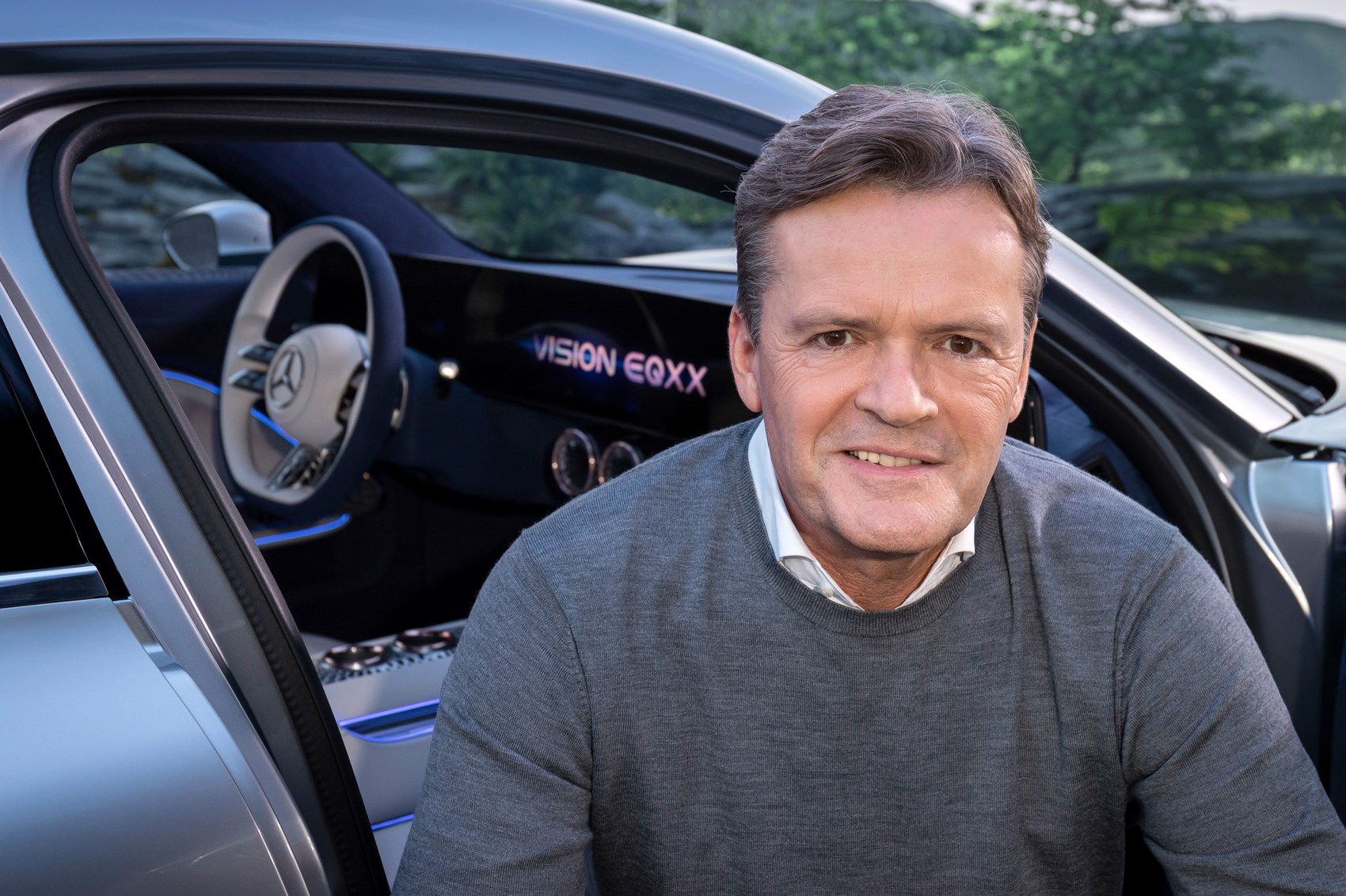
This philosophy drives the company’s focus on electric vehicles (EVs), renewable energy, and sustainable urban design. It reflects a commitment not just to automotive excellence but also to a future where mobility is both efficient and environmentally responsible.
Breakthroughs in Battery Technology
Central to Mercedes-Benz’s vision is the development of next-generation battery systems that could redefine the EV industry. One groundbreaking innovation is the cell-integrated power converter, which offers unprecedented control over individual battery cells. Unlike traditional batteries with series connections, this system uses parallel connections to enable precise energy management.
Here's ads banner inside a post
![]()
This advancement brings multiple benefits:
- Enhanced Performance: Finer control improves charging efficiency and extends battery life.
- Improved Safety: Faulty cells can be quickly isolated, reducing the risk of widespread malfunctions.
- Cost-Effective Design: A modular approach simplifies manufacturing and repair.
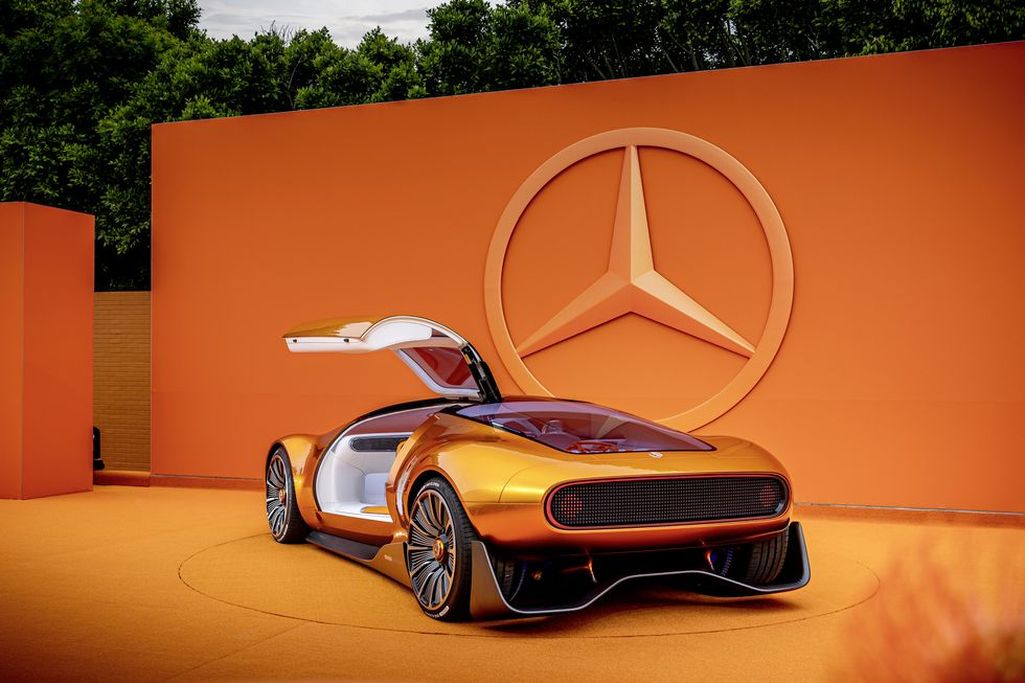
Mercedes-Benz is also exploring a hybrid battery composition using lithium-iron phosphate (LFP) cells and nickel-manganese-cobalt (NMC) cells. The two chemistries complement each other, with LFP offering rapid charging and durability, while NMC delivers higher energy density for long-range travel. This innovative combination could revolutionize EVs by delivering superior performance, safety, and cost-efficiency.
Smart Cities and Sustainable Urban Mobility
Mercedes-Benz’s vision extends far beyond vehicles. It includes reimagining cities themselves to support smarter and greener mobility solutions. In this future, robo-taxis powered by artificial intelligence could provide affordable and eco-friendly transport. Bicycle motorways could become a cornerstone of urban commuting, reducing traffic congestion and pollution.
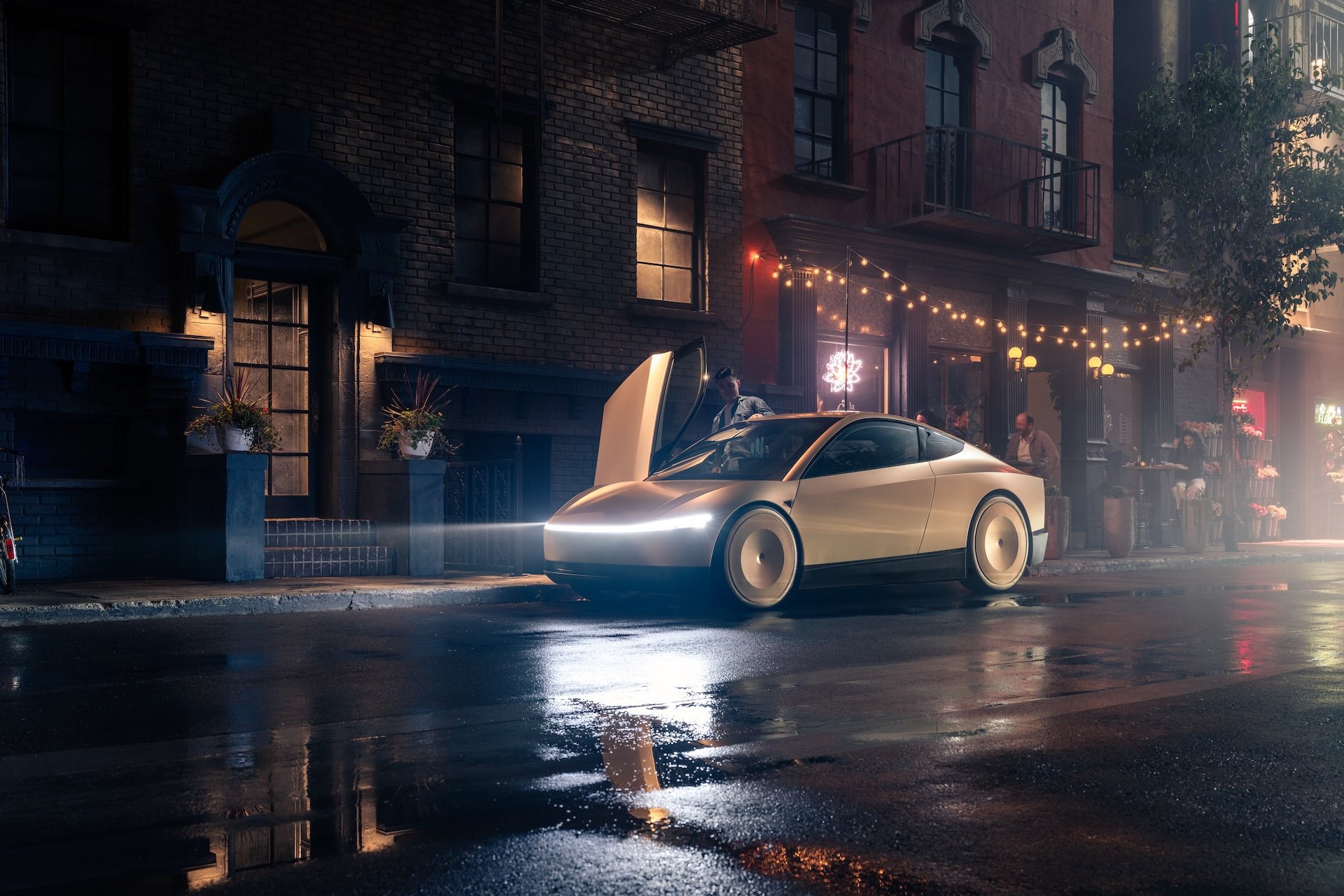
Moreover, Mercedes foresees homes equipped with renewable-powered appliances and community solar energy systems, further integrating sustainability into everyday life. With advancements like solar paint—capable of powering a car for up to 7,450 miles per year—the boundaries between technology, transportation, and energy efficiency blur.
Artificial Intelligence at the Heart of Innovation
Artificial intelligence is poised to be a key enabler of this futuristic vision. From self-driving vehicles to intelligent traffic systems, AI could optimize urban mobility, making transportation faster, safer, and more efficient. Robo-taxis, for example, could communicate seamlessly with city infrastructure, reducing traffic delays and energy consumption.
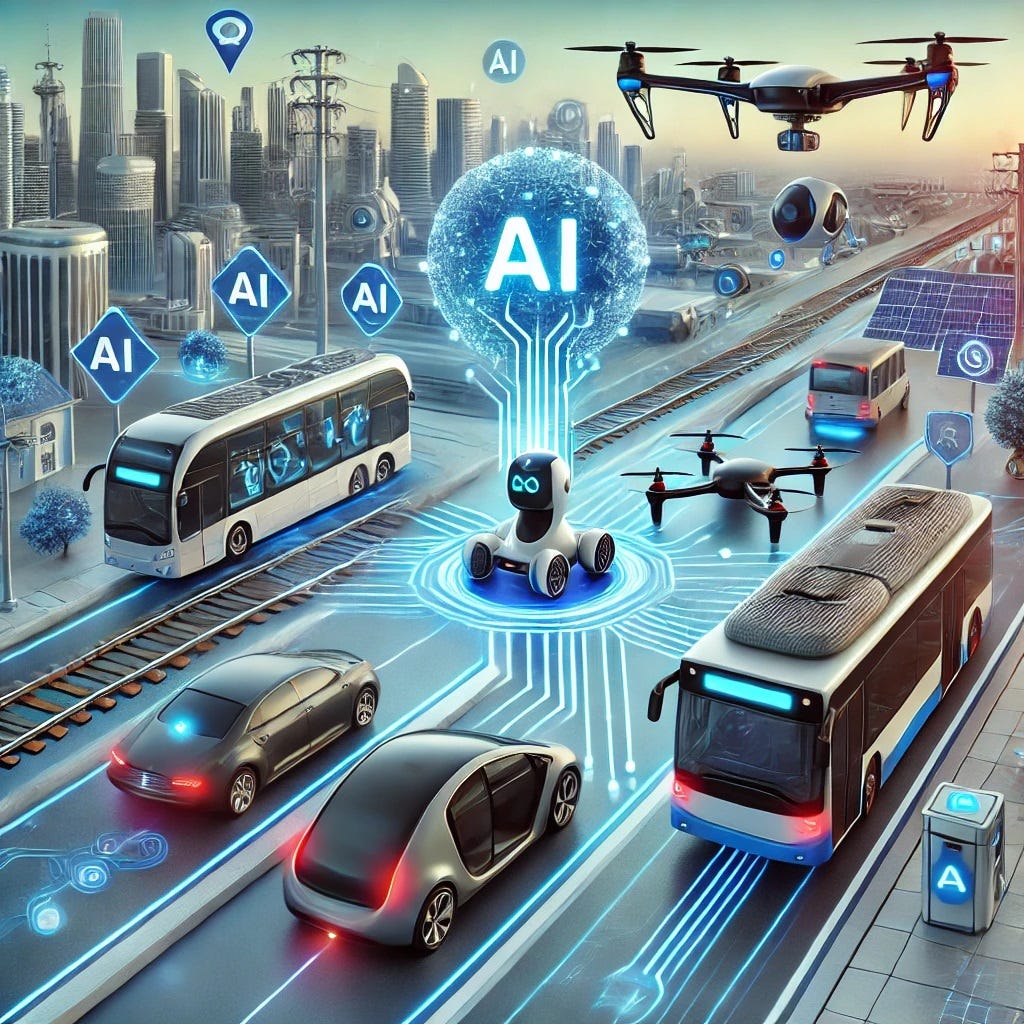
The integration of AI doesn’t stop at mobility. It extends into predictive maintenance for vehicles, energy management in homes, and even smart city planning. These advancements promise to enhance quality of life while minimizing environmental impact.
Redefining Luxury Through Sustainability
Mercedes-Benz is proving that sustainability can coexist with luxury. Future vehicles may feature interiors crafted from high-performance silk and recycled plastics, offering a blend of opulence and environmental responsibility. Innovations like this showcase the company’s commitment to redefining luxury in a way that respects the planet.
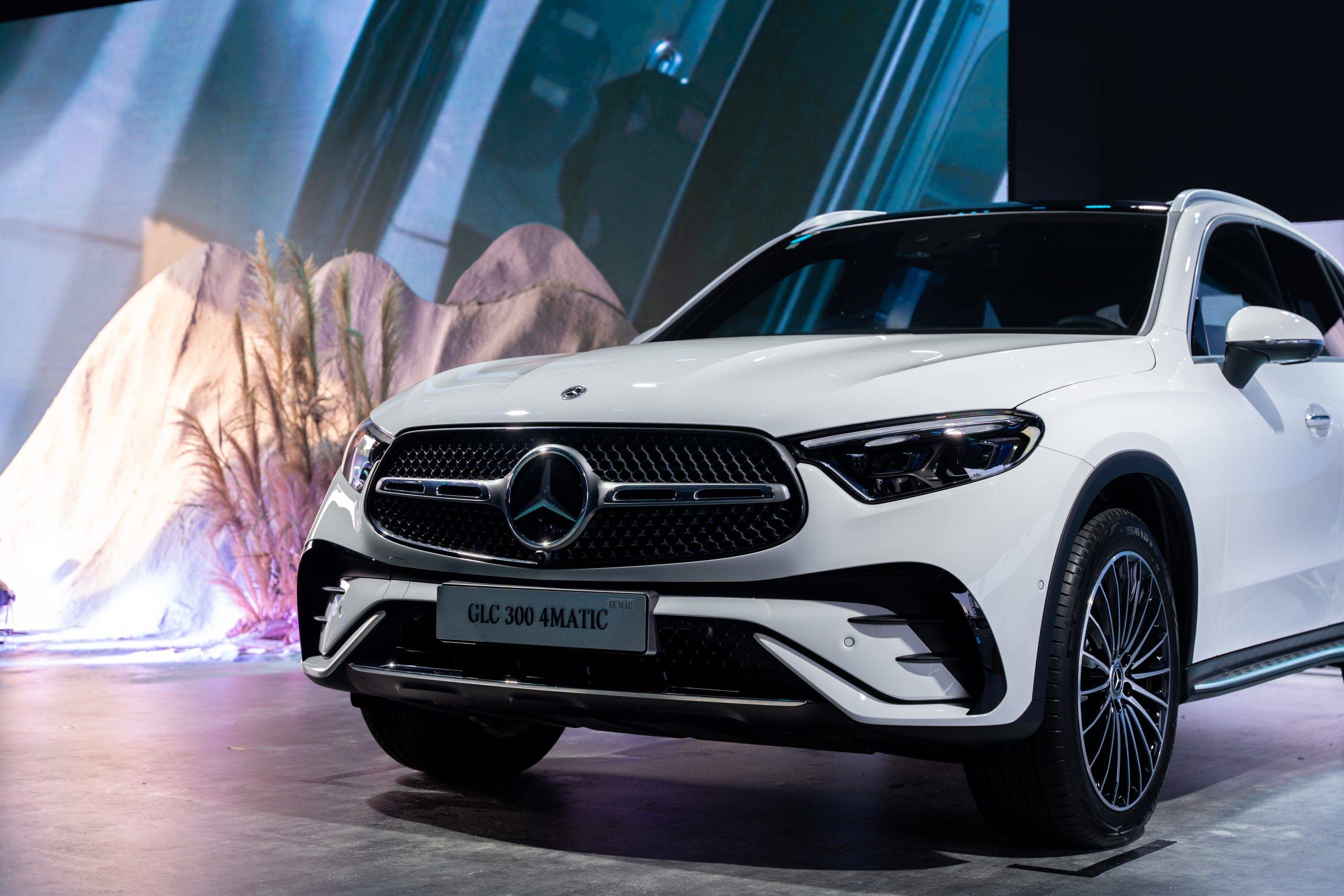
Sustainability is also reflected in material choices for future car exteriors. Solar-integrated paints, for instance, could convert sunlight into energy, reducing reliance on charging infrastructure. This forward-thinking approach demonstrates how technology can merge elegance with ecological mindfulness.
A Greener Future Through Innovation
The global transition to renewable energy and electrified mobility is critical to combating climate change. According to research by the Massachusetts Institute of Technology, widespread adoption of EVs and renewable-powered appliances could significantly reduce greenhouse gas emissions, mitigating extreme weather and health crises caused by pollution.
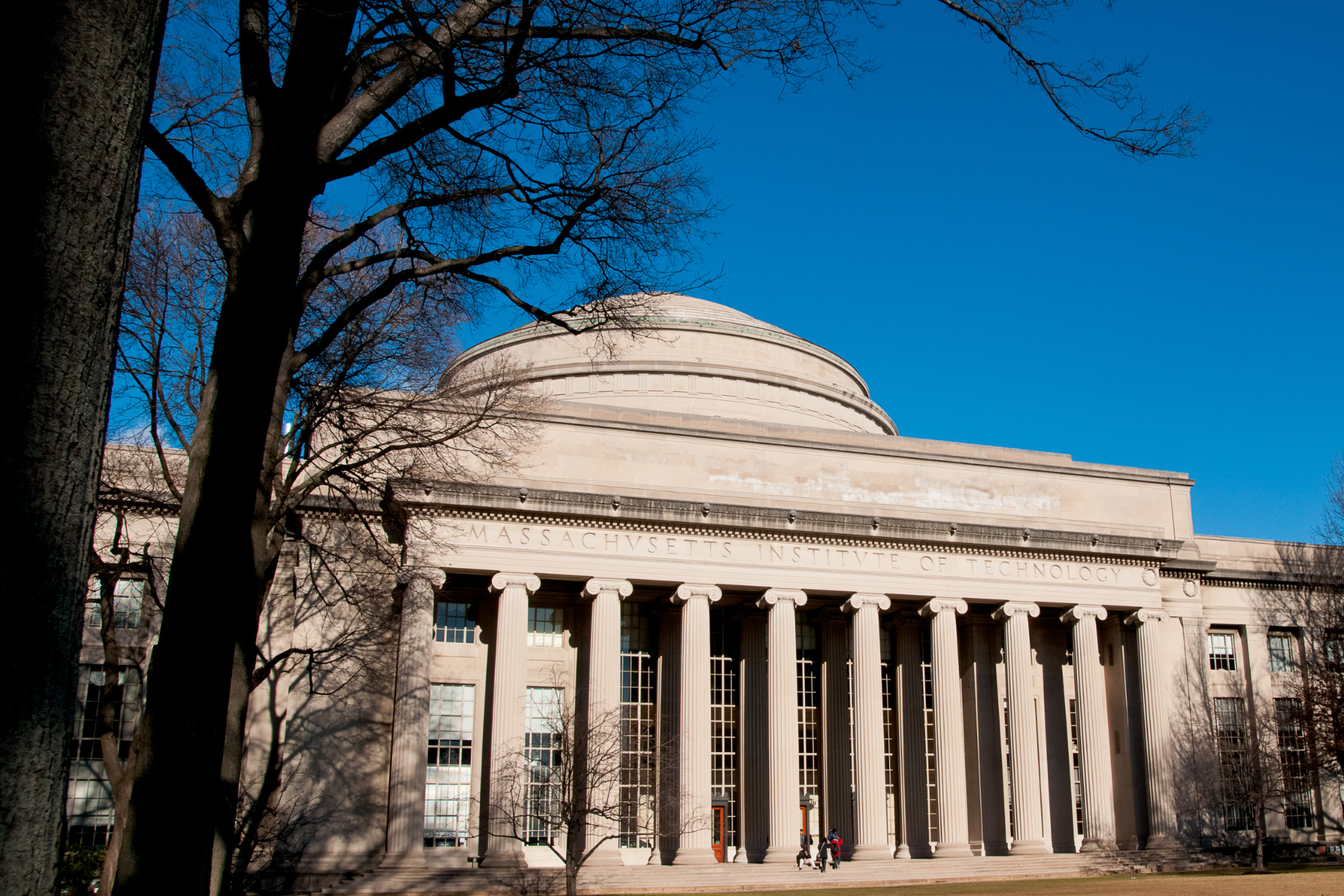
Mercedes-Benz is not just contributing to this transition; it’s leading the charge. Through smart technology like app-controlled thermostats and energy-efficient lighting, the company envisions a world where sustainable living is accessible and practical for all. Incentives such as tax credits further support the adoption of these technologies.
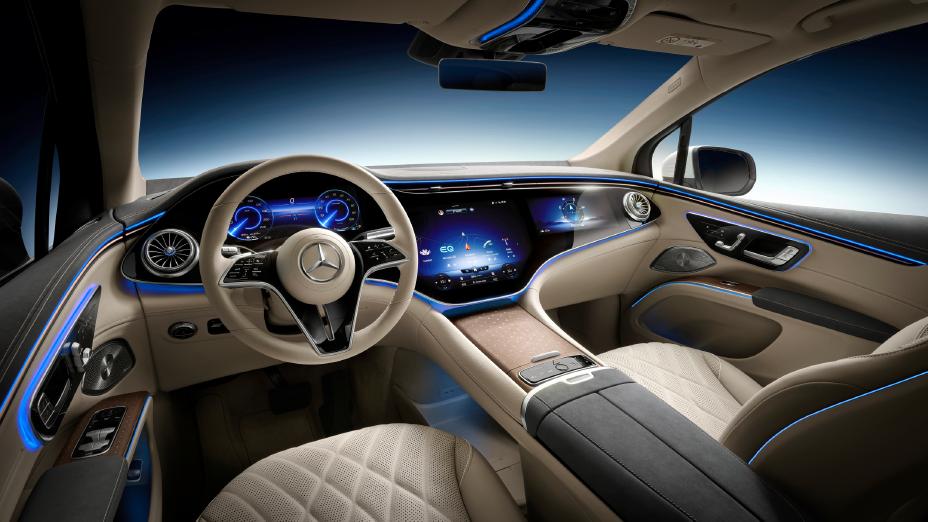
Challenges and Opportunities
While the vision is inspiring, challenges lie ahead. Battery technology, though advancing rapidly, still requires significant investment to overcome hurdles related to cost, scalability, and raw material availability. Similarly, the creation of smart cities will demand substantial infrastructure upgrades and collaboration between governments, industries, and communities.

Cultural barriers may also slow the adoption of technologies like robo-taxis and AI-driven systems. Building public trust and ensuring robust security measures will be essential for these innovations to gain widespread acceptance.
Driving the Future
Mercedes-Benz’s vision for 2040 is not just about vehicles; it’s about creating a harmonious relationship between technology, sustainability, and society. By integrating AI, advancing battery technology, and redefining luxury, the company is setting a new standard for innovation in the automotive industry and beyond.

This vision offers a glimpse into a future where cities are cleaner, transportation is smarter, and life is more connected. While the road ahead may be challenging, the destination is undeniably worth the journey. With Mercedes-Benz leading the way, the future of mobility looks not only exciting but transformative.
As we move closer to this electrified and intelligent future, the possibilities are endless. Mercedes-Benz invites us all to imagine, innovate, and embrace a world where progress drives both humanity and the planet forward.


